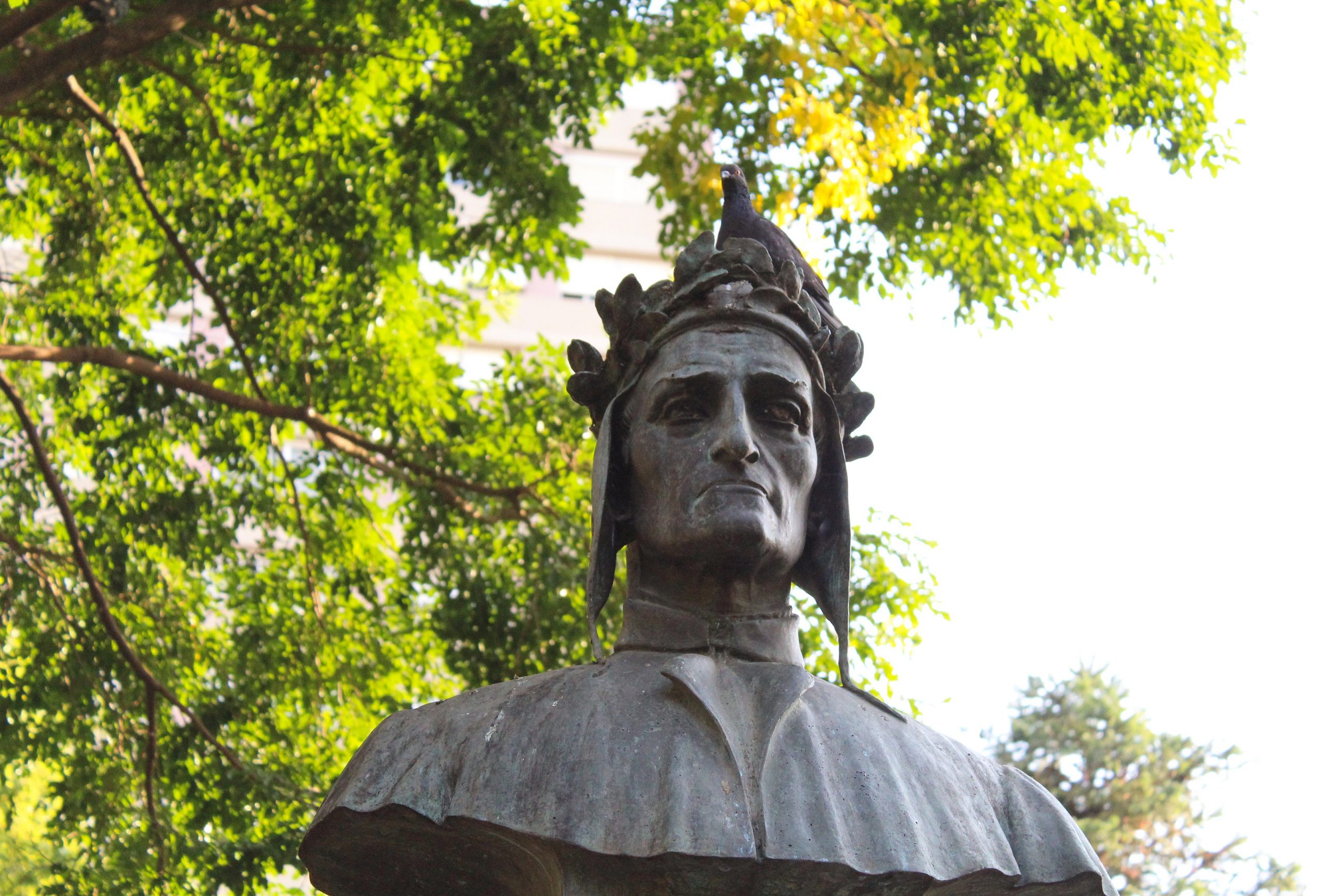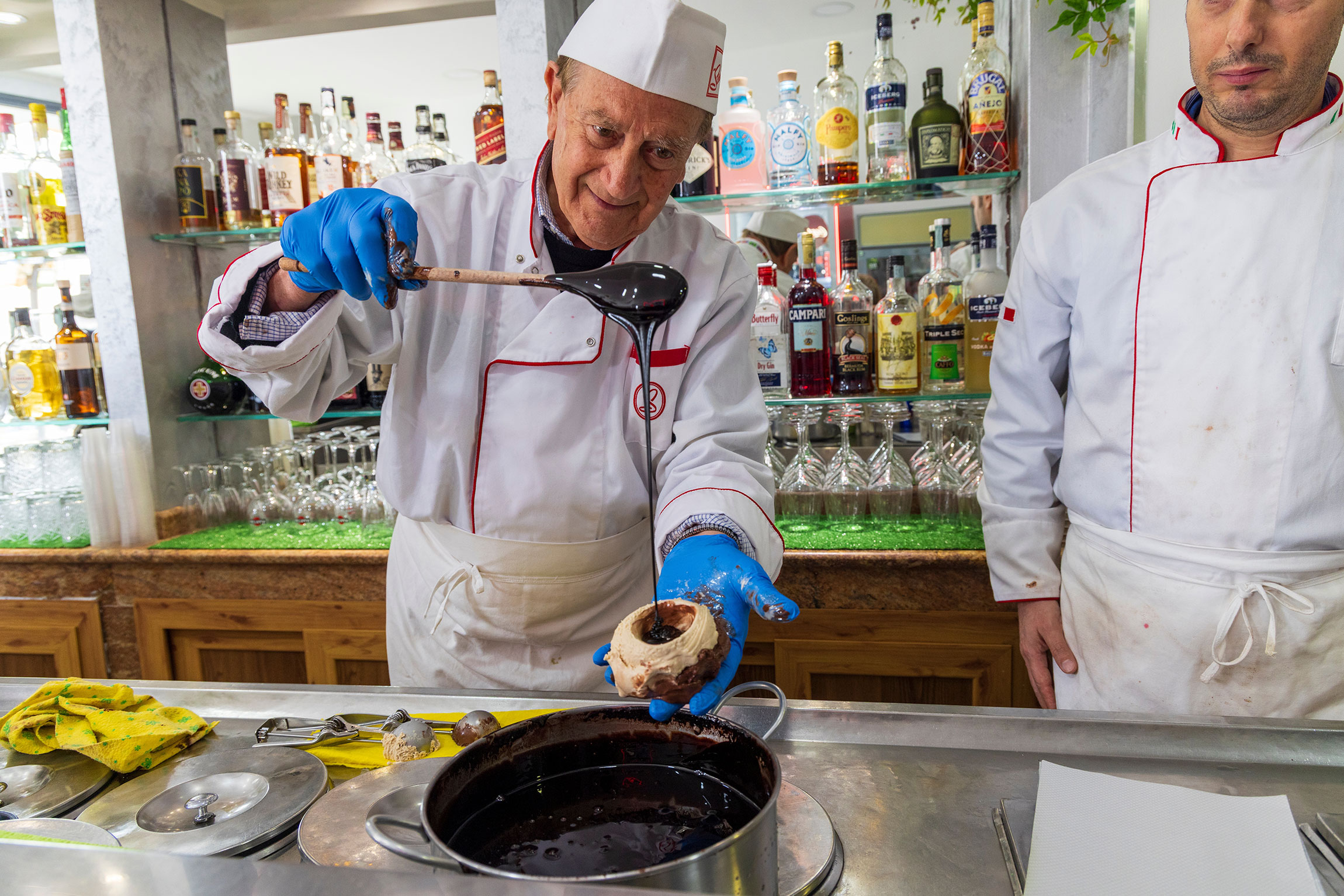Italy is well known and highly appreciated all over the world for its rich culture, delicious food, and elegant creativity in different sectors, from fashion to design and automobiles. Most of our treasures can be simply tasted, admired, touched, or listened to. Nevertheless, they inevitably seem to drive people from different countries to pursue a deeper knowledge and understanding of the Italian spirit by learning our language.
In 2014, indeed, Italian has been rated as the 4th most studied language in the world, following English, French, and Spanish. The unexpected victory over growing economic powers such as China or Russia will certainly give a new boost to public and private efforts to promote the study of Italian both at home and abroad.
This represents one of the main goals of the Italian Government, which relies on a wide network of Institutions and Cultural Institutes worldwide, as well as cooperation with foreign universities and language schools like the well-established Dante Alighieri Society. Within this framework, an important contribution is also made by Italian mass media, from radio to TV channels and newspapers.
The increasing interest in the Italian language has been recently provided with a new resource, the Quality Italian Language Certification (CLIQ) created in 2013 by the Università per Stranieri di Perugia, the Università per Stranieri di Siena, the Università degli Studi Roma Tre, and the above-mentioned Dante Alighieri Society, in collaboration with the Ministry of Foreign Affairs.
The current situation of the Italian language in the world, as well as the development strategies to be implemented in the years to come, will be discussed on the occasion of an official meeting organized by the Ministries of Foreign Affairs, Education, and Cultural Heritage, taking place in Florence during the Fall.
It will focus on new challenges and means to promote our language and culture within modern society, and in particular on the key role played by universities and Italian communities abroad, taking into consideration the differences between geographic areas. The main goal will be not only to celebrate and reaffirm the appeal of “Dante’s language” worldwide, but also to come up with a shared and updated agenda aimed at strengthening it further.
One of the contributors to this ambitious project is ICON (Italian Culture On the Net), an association which reunites 19 Italian universities and has been the first to provide online degree programs for foreign students of Italian Studies. Similar initiatives are achieving resounding success as they meet the growing trend of distance learning. They also represent an economic opportunity by helping to create connections – both cultural and commercial – with other countries in the global market. However, in order to be competitive at an international level, the public policies that regulate language teaching and promotion need to be enhanced in terms of innovation and efficacy.
With its recognized musicality Italian is a fascinating combination of tradition and modernity, and an essential part of our heritage. Mastering it enables a better appreciation of literature, opera, movies, and even recipes. By spreading and preserving the Italian language we can foster economic recovery based upon one of Italy’s major assets: culture.





























